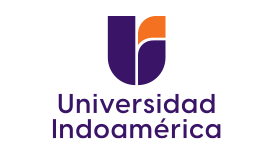

This workshop will introduce participants to wireless hacking using microcontrollers, employing techniques such as: spectrum analysis, fake Access Point (AP), fake channel hopping AP, MAC flooding attack, DHCP starvation attack, and more, using MicroPython. During the tutorial, we will examine Wi-Fi vulnerabilities and work with Open-Source applications. Additionally, we will set up cost-effective Open-Source hardware and execute attack vectors using microcontrollers.
Requirements to attend this workshop:
- Web Browser
- MicroPython.
- Mu y/o Thonny.
Instructors




Organized by
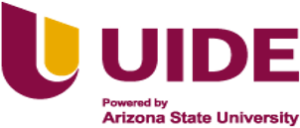


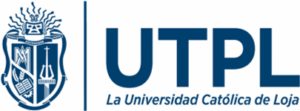

This workshop provides an in-depth look into techniques for detecting dynamic communities in social networks, addressing the evolution and interaction within online communities. Challenges presented by dynamic networks are analyzed, and both traditional and cutting-edge methods for community detection are explored, such as modularity optimization and Bayesian inference. Additionally, evaluation metrics and visualization techniques are discussed to understand the evolution of communities. Through case studies on real social platforms, participants will gain practical knowledge. By the end, attendees will comprehend dynamic community detection and will be able to apply these techniques in their research or applications.
Instructors


Organized by

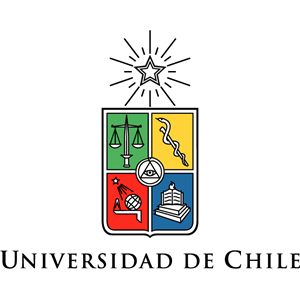

The workshop will address the integration of BigData, IoT, and cloud processing within Google Earth Engine (GEE), an innovative tool for rapid and extensive geospatial analyses. Participants will learn about GIS programming in GEE, satellite remote sensing, and the MapBiomas methodology which utilizes machine learning, such as Random Forest, to generate annual land use and cover maps from 1985 to 2022. A hands-on session with the interactive MapBiomas platform will be highlighted, catering to both general and specialized audiences, showcasing geospatial analyses that are freely accessible and globally comparable.
Requirements to attend the tutorial:
- An active Google Earth Engine account
Instructors



Organized by


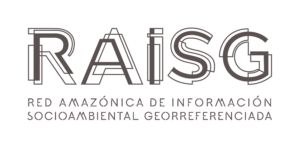

The workshop “Research 4.0: digital technology for scientific research” will discuss the incorporation of modern technologies, especially Artificial Intelligence (AI), in editorial management and publication of scientific research. It will highlight how AI, through various tools and platforms, will improve editorial efficiency, facilitating review, plagiarism detection, and coherent presentation of publications. A debate will be encouraged on the ethical challenges and the future of AI in scientific editing. The importance of scientific journals, particularly using Open Journal Systems, as a primary medium for dissemination will be emphasized. Additionally, multimedia techniques will be presented to enhance the dissemination and presentation of articles in different formats and platforms.
Prerequisites to participate in this tutorial:
Teachers and students interested in using technological devices in their classes.
Motivated teachers to apply engaging resources for interactive learning.
Instructors



Organized by

